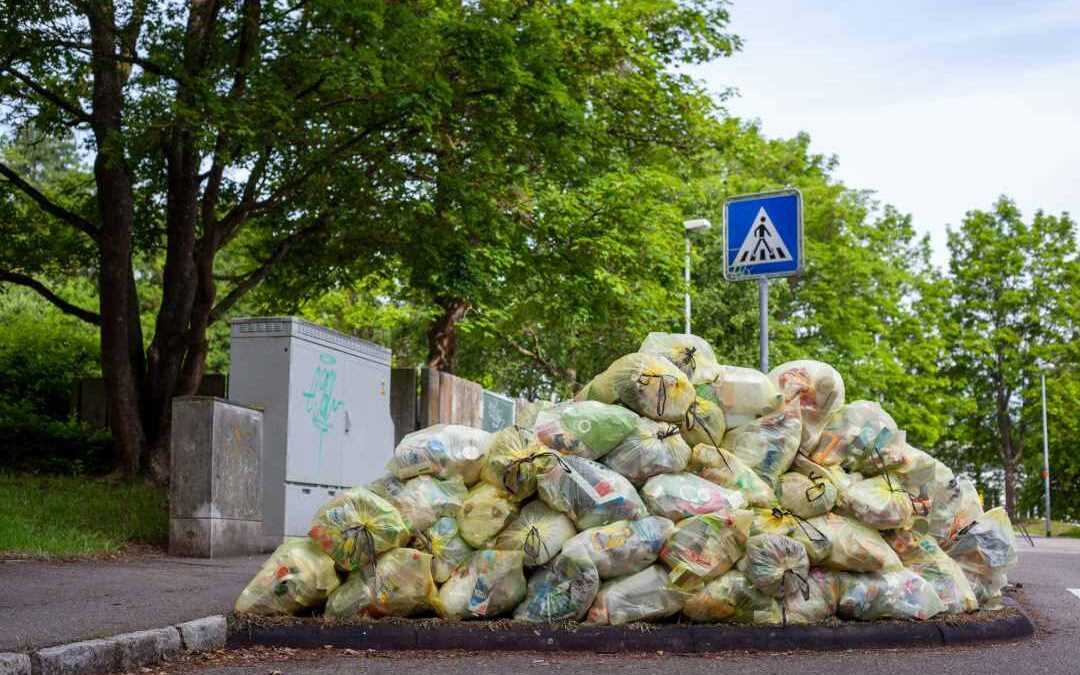We Waste One-third of Our Food When Billions Starve!!
This amounts to approximately 1.3 billion tonnes of food lost or wasted each year, a number that could feed billions facing hunger. Or more precisely, this much wasted food can feed all the 811 million hungry people twice.
Wasting food is a criminal offence against humanity, with ethical, environmental, and economic consequences. The economic disparity in this world over centuries has created over 811 million hungry people, despite all the efforts of governments across the world. Hungry people refer to undernourished people, a technical term used by organizations like the UN to describe people who are chronically consuming insufficient calories to meet their daily energy requirements for an active and healthy life.
A new report by the United Nations Environment Programme (UNEP) and the Food and Agriculture Organization (FAO), which is already in discussion, paints a stark picture of global food waste, revealing a staggering one-third of all food produced is wasted annually. This amounts to approximately 1.3 billion tonnes of food lost or wasted each year, a number that could feed billions facing hunger. Or more precisely, this much wasted food can feed all the 811 million hungry people twice.
The report, titled “Food Waste Index 2023: Flip the Food Waste Flip the Future,” calls for urgent action from governments, businesses, and individuals to reduce food waste across the entire food supply chain, from production to consumption.
Wasting Resources

The report breaks down food waste across different stages of the supply chain.
Pre-retail stage (14%): This includes losses during production, post-harvest handling, and storage. Factors like inadequate infrastructure, poor harvesting practices, and lack of storage facilities contribute to this waste.
Retail and consumer levels (17%): Expired food at supermarkets, spoilage in homes, and discarded leftovers all contribute to this significant chunk of waste.
Food waste not only deprives people of essential nutrients, but it also squanders valuable resources used in food production. The report estimates that the water footprint of wasted food is equivalent to the annual water flow of all rivers in Russia. Apart from that, wasted food generates greenhouse gas emissions equivalent to 8% of global human-caused emissions, contributing significantly to climate change.
A Call to Action
The report outlines several key actions needed to address food waste. These include:
Improved food production practices: Investing in better storage and transportation infrastructure and adopting sustainable farming methods to reduce post-harvest losses.
Enhanced food distribution and marketing: Promoting effective food donation programs, streamlining supply chains, and better forecasting consumer demand to reduce retail waste.
Consumer behaviour change: Raising awareness about food waste and encouraging consumers to adopt practices like meal planning, responsible shopping, and proper food storage.
Stronger government policies: Implementing policies that incentivize food waste reduction, such as taxes on food waste or extended producer responsibility schemes.
A Global Responsibility
The UN report emphasizes the need for a global effort to tackle food waste. Developed countries, with higher per capita food waste levels, have a particular responsibility to take action. However a multi-stakeholder collaboration across all countries is required.
Food waste reduction is a shared responsibility. By taking decisive action to reduce food waste, we can create a more secure and sustainable food system for future generations. This ensures everyone has access to the food they need and minimizes the environmental impact of food production, paving the way for a healthier planet.
Read More
Richest 1% emit as much planet-heating pollution as two-thirds of humanity, Says Oxfam



